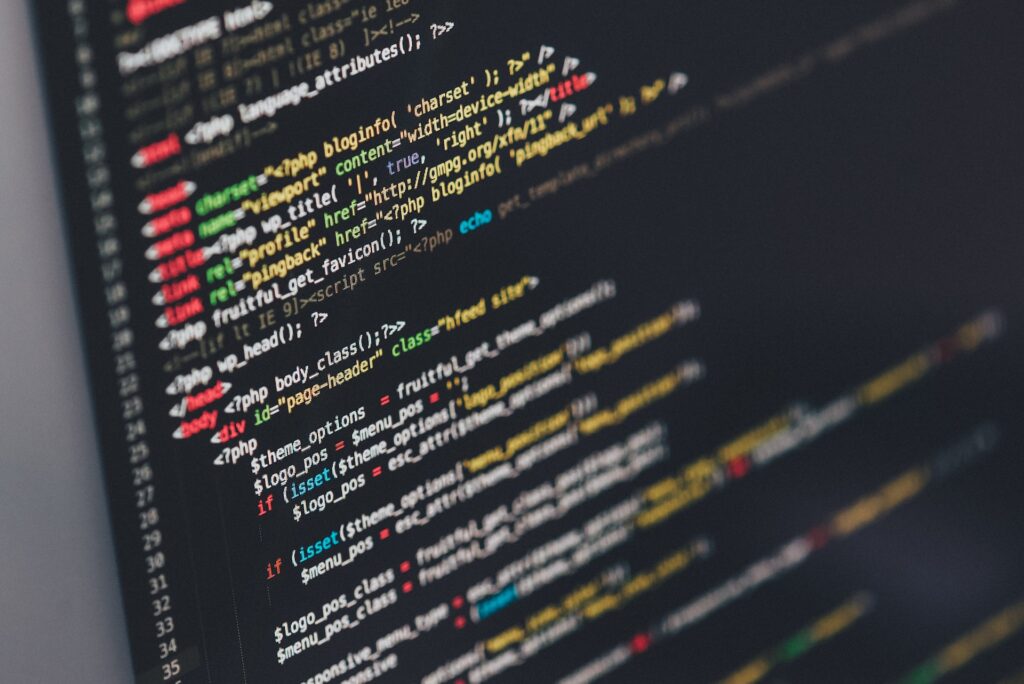One of the most dramatic adjustments people who have been incarcerated for a decade or more must make when released is to master the changes in technology that have occurred while they have been walled away, without access to smartphones or “live” computers. In Wired magazine recently, one person living in a federal penitentiary wrote that “cutting prisoners off from technology is more broadly disadvantageous to them and to society than you might realize. If I were released tomorrow and had served only two years, I would still be stepping into a world that contains many new and unfamiliar technologies, like generative AI (artificial intelligence). And I haven’t served two years. I have served 17 and am not scheduled to get out for another 11. Without access to technology and adequate training, when I do leave, I will be entering a society that is unrecognizably different from the one I left. Over 20 years in prison will have done nothing to prepare me for the seismic shifts that have occurred.”
But it’s not just the technology itself they are barred from using. In the federal Bureau of Prisons, they aren’t even allowed to read about technology.
It’s near impossible for prisoners to keep ‘current’
One member of the More Than Our Crimes network is William “Randy” Mays. He was incarcerated 12 years ago and has 33 more to go. But unlike many others who give up and simply mark time when they face a sentence like that, Randy works constantly to improve himself in the conviction that one day, whether through compassionate release or a new law (like one granting a “second look” to rehabilitated individuals), he’ll earn his freedom. One of the ways he wants to do that is to keep his knowledge of programming current. Before Randy was incarcerated, he earned an associate degree in electronic engineering technology, with a major in computer networking. He then applied that knowledge at both a factory and the U.S. Postal Service before a series of challenges landed him in prison.
He quickly showed his worth to the Bureau of Prisons, however—earning positions at the UNICOR optics and vehicle factories at two medium-security prisons, where he programmed spreadsheets to document maintenance activity, track sales and monitor key performance indicators. He lost those positions and was transferred, however, when he showed his willingness to try to hold the prisons to account by filing grievances when he noticed behavior that was unfair or against policy.
So, he wants to read books about various types of programming to keep active in his field: what he calls “programming on paper.”
“I want to learn about the things that people are using on the street,” he wrote me. “I see in the news the direction of the future, with the Internet of Things and artificial intelligence, and robots and smart machines. I don’t want to be left behind.”

I ordered him titles like “iOS Programming: The Big Ranch Nerd Guide” and “C++ in 24 Hours.” All were rejected by the medium-security Victorville institution in California, via a notice that said the manuals would allow him to “disrupt the orderly running of the institution.”
As Randy says, “I’m not trying to use cell phones or computers to create software; I don’t have access to them anyway. I have a technical background in computers and technology, and I am trying to prepare myself for the outside the best way I can, while complying with their rules! I am merely programming on paper because I can ‘see’ code. And that’s the only way for me to advance my learning. But they seem to think that everyone has criminal intentions.”
Most prisoners I know – hey, most people I know! – would complain, but give up. Filing grievances in the federal prison system is an exercise that not only rarely is successful, it can earn you retaliation of the worst kind (such as manufactured incident reports that lead to weeks in the “hole” and a transfer). However, Randy is cut from different fabric. He persistently files grievances and then goes to court (the former is required to do the latter) when he is clearly wronged—which has been often. Twice that has meant losing a coveted job with UNICOR (the for-profit business run by the federal Bureau of Prisons using prisoner labor)—a position that is paid a lot higher than other institution jobs, although still paltry by any other standard. Randy is fighting back once again.
“I am not going to let them stunt my technical development, albeit limited due to the lack of access to cell phones and computers,” he says. “They fail to realize or recognize my acceptance of those limitations, and they shouldn’t be able to stifle the education of people like me, who has not committed any computer crimes and has demonstrated a responsible use of computers during my prison jobs – in fact, for eight years! The world is rapidly becoming more technical, with the advancement of artificial intelligence and robots and I am just trying to keep up with that in here in any way I can.”
Randy is right to be concerned. The New York Times recently reported that over 60% of people leaving prison are unemployed a year later, seeking work but not finding it. One way shown to stem recidivism, the article concluded, is increasing investments in prison education so prisoners re-enter society with more demonstrable, valuable skills.
Julie Landers, a program manager at Persevere, a nonprofit that teaches incarcerated people technology skills, told the newspaper that, “if neither employers nor governments ‘roll the dice’ (take a gamble) on the millions of people sentenced for serious crimes, we’re going to get what we’ve always gotten” — cycles of poverty and criminality — “and that’s the definition of insanity.”




